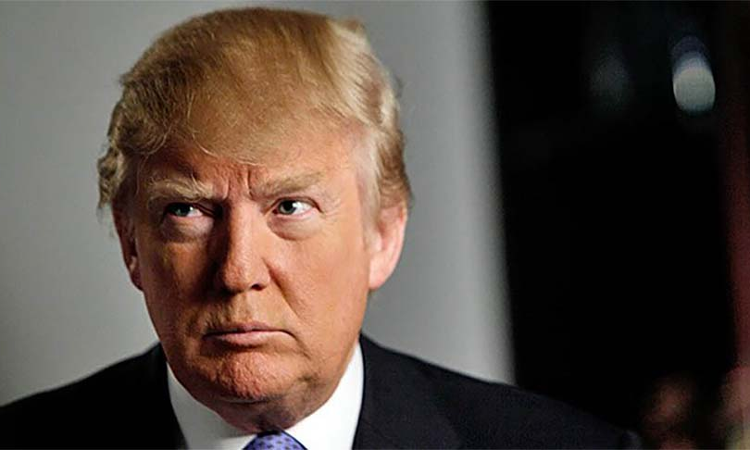Explainer: Former US President Donald Trump's Hush Money Trial
Rajesh Kumar
21 April 2024 10:30 AM IST

Next Story
21 April 2024 10:30 AM IST
Former President Donald Trump is currently facing his first criminal trial in Manhattan. He's accused of being involved in a scheme to pay off alleged 'mistresses' before the 2016 election. At the same time, he's also facing 34 felony charges for falsifying business records. This trial marks a historic moment in American legal history, as it is the first time a former US president has...
